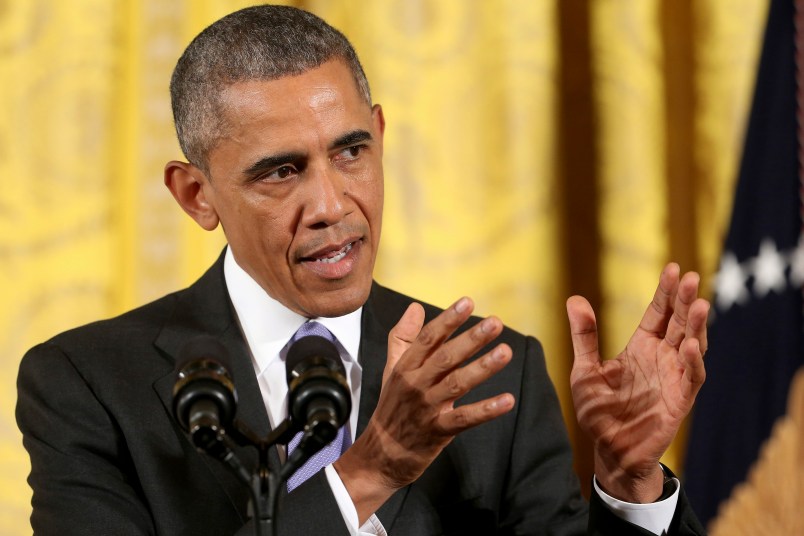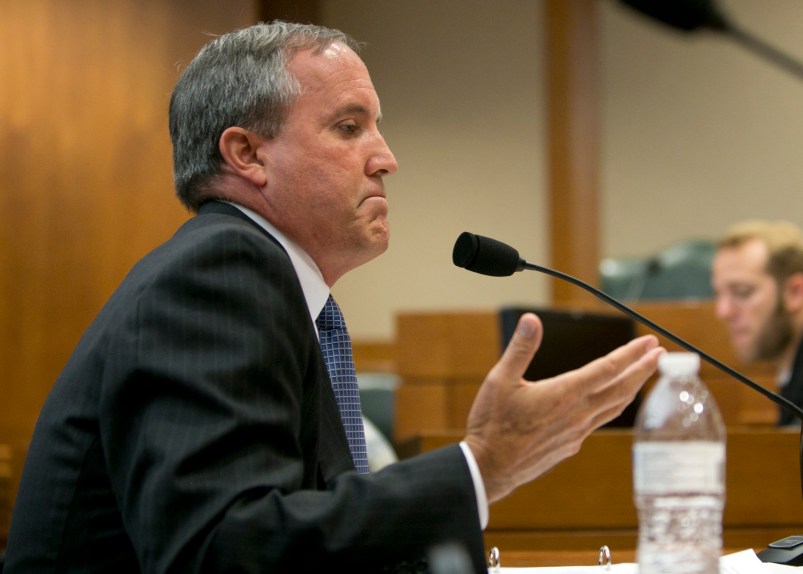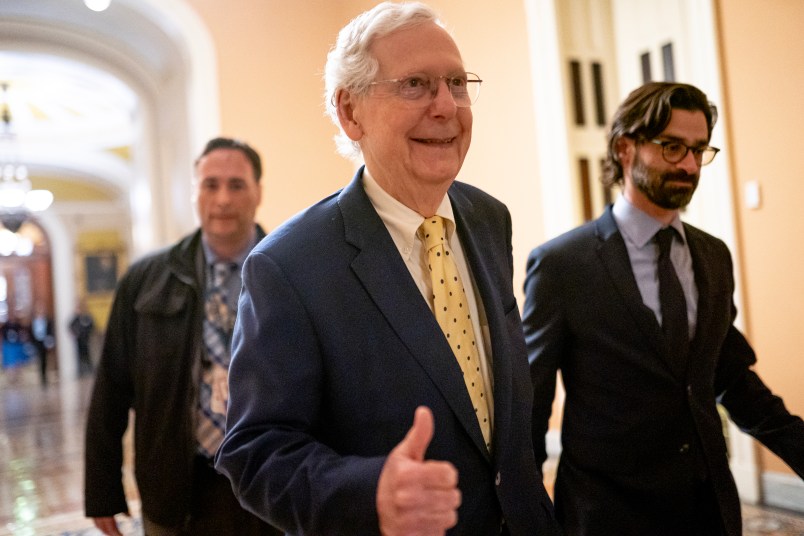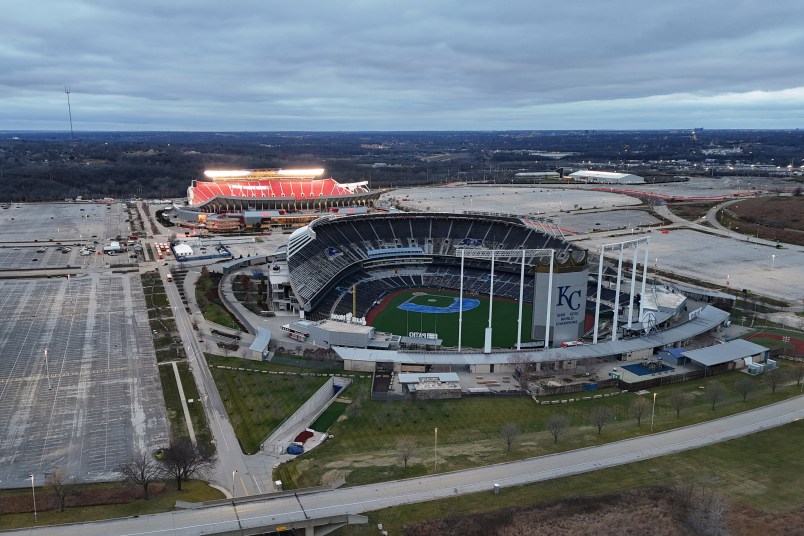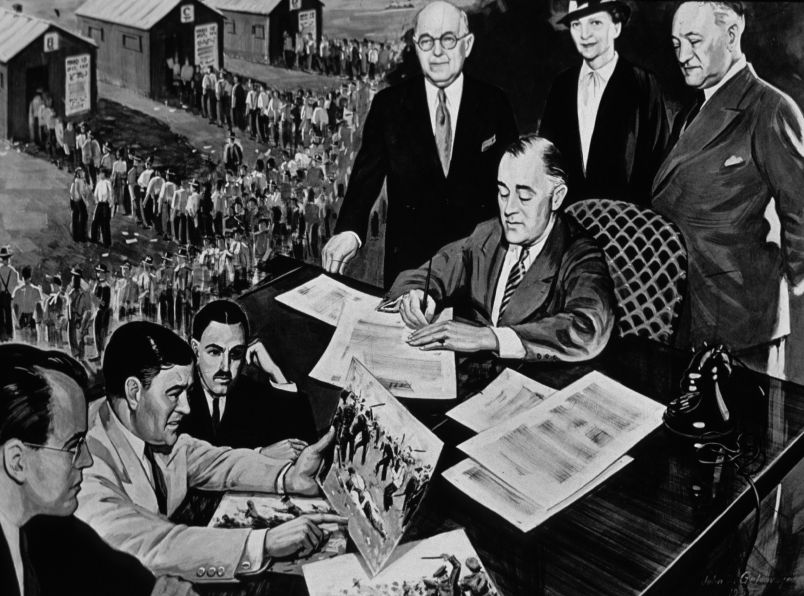If passed, the Iran Deal will be the biggest diplomatic achievement of the Obama presidency. Painstakingly negotiated over the course of two years between the United Kingdom, Russia, France, China, Germany, the U.S., and Iran, the deal prevents Iran from obtaining a nuclear weapon in exchange for relief from financial sanctions that have crippled its economy.
Unanimously ratified by the UN Security Council, the deal imposes the strictest inspections system ever established. The deal ensures UN inspectors have 24/7 access to nuclear facilities. It requires Iran to dissolve 98 percent of its nuclear stockpile, and mandates surveillance over every step of the process. Negotiators have left no stone unturned to block Iran’s pathway to a nuclear bomb.
Naturally, when policy of this magnitude is discussed, Representatives and Senators speak to a number of groups, constituents, foreign policy, military, and nuclear weapons experts that all have a vested interest. Seven Nobel laureates; 36 Generals and Admirals; and 75 nuclear scientists all support the deal.
100-plus former Ambassadors including former ambassadors to Israel, 60 national security experts, and even a former director of an anti-Iran Deal group support it, too. Polls have even shown that the majority of American Jews support diplomacy over war, while both Jewish and Christian religious leaders support the deal. Two more Democratic senators announced their support for the deal yesterday, making it almost certain the president will have the votes to pass it.
Despite this, there is still one barrier that Congress is struggling to overcome before the voting even begins: their reelections.
Big donors aren’t as favorable toward the Iran Deal as others. Opponents have spent $11 million on a TV ad blitz to influence Members of Congress against this deal. Other big donors like Sheldon Adelson and Paul Singer are using their large personal fortunes to hold billionaire primaries for presidential candidates, hoping to influence the next president to rescind the deal.
This small group of individuals is trying to influence foreign policy that doesn’t just have implications for 319 million Americans but global effects for the other 7 billion people living everywhere else in the world.
Pentagon contractors are in the mix too. They’ve been bankrolling a pro-Lindsey Graham SuperPAC because of his opposition to the deal and have even started some political groups to push presidential candidates to be more hawkish on issues of national security.
This isn’t the first time defense contractors have tried to shift American policy in their favor. Last year MapLight found their monetary footprint during the debate to continue a police militarization program. Members of Congress who supported continuing the program, which transfers military equipment to local police forces, received 73 percent more money from defense contractors than opponents of the bill.
The defense industry saw the financial benefits of providing military equipment to our local police forces then and they see the same opportunity now with an Iran Deal downfall.
Unfortunately, because of Citizens United they might not be the only way these defense contractors are trying to fatten their wallets at the expense of our national security. The rise of dark money groups—anonymously supported nonprofits—could be providing these defense contractors another avenue to affect our elections. Because these dark money groups don’t have to report the names of anyone who gave them money, federal contractors can hide their influence.
When Iraq War hawks and defense contractors write bigger checks, everyday voters pay the price with a government playing politics with a nuclear warhead.
To help defend the Iran Deal and other diplomatic initiatives from the influence of big money, President Obama should sign an executive order that would require any business with a federal contract to disclose every cent they spent in our elections. The companies that are paid billions of dollars every year to help protect and improve the national security of this country should not be manipulating Congress or using secretive loopholes in our campaign finance system to support a path toward war for the sake of their own wallets.
Robert Naiman is the Policy Director at Just Foreign Policy, a non-partisan membership organization dedicated to reforming U.S. foreign policy based on diplomacy and cooperation.





